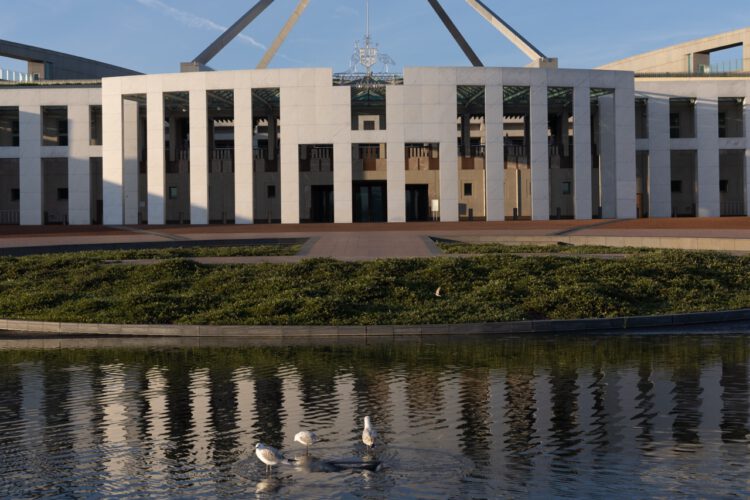In perhaps the most lol-worthy event this week, the Coalition has responded to Tanya Plibersek’s ‘where is the water coming from for the Coalition’s ‘nuclear plants’ by…admitting that if they ever were to exist they would take a shit tonne of water to run (turns out you have to cool nuclear reactors, who knew?) and then comparing it to the Labor government’s buy back scheme for the Murray Darling River.
The government is buying back water from Murray Darling licence holders for the environment. It is literally for the health of the river, especially downstream in South Australia, where the water removal was having a massive impact on the viability of the river eco-system.
This is apparently the same as using a shit tonne of water to cool nuclear reactors (or, in Australian water measurement terms ‘finding an additional Sydney Harbour of water every year’.
At least according to the Coalition’s Perin Davey and Ted O’Brien:
Tanya Plibersek needs to answer her own questions with regards to water buybacks and how their plans to purchase more than 500GL water from the Murray Darling Basin will impact communities and farmers,” Shadow Water Minister, Perin Davey said.
“How can Minister Plibersek’s supposed concerns be taken seriously when she has no concern about taking water away from other water users herself.”
Shadow Minister for Climate Change and Energy, Ted O’Brien said the figures being pushed by Labor have zero credibility and is a pathetic attempt to deflect from new reports on their failed all-eggs-in-one-0basket ‘renewables-only’ policy.
“Modern nuclear plants have different cooling systems including wet systems which use water, dry systems which don’t use water, along with other emerging designs which use other innovative systems,” Mr O’Brien said.
“Given the nuclear technology for Australia is yet to be selected, this claim by Labor is completely flawed.”
“The Coalition has been clear that water security for communities and food production will be a priority in the comprehensive site characterisation studies at each location.”
Sure babes. Sure. Nice try.
